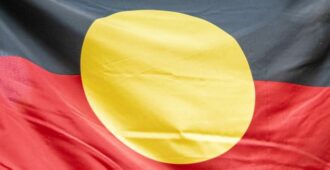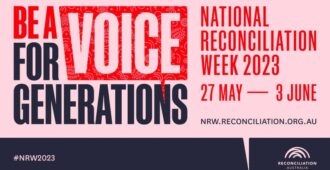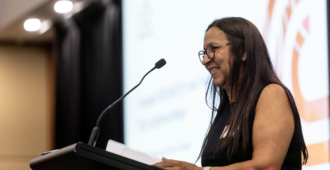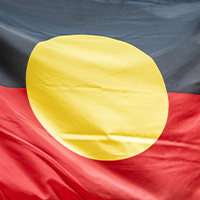
The Sax Forum is an exciting initiative through which the Sax Institute is helping to share knowledge across its membership and understand what we can do better together. Earlier this month, in our latest Sax Forum meeting, nearly 200 people from the Institute’s member organisations, Aboriginal-controlled health services and NSW Health met online to discuss how best to work collaboratively with Aboriginal communities while conducting important health research.
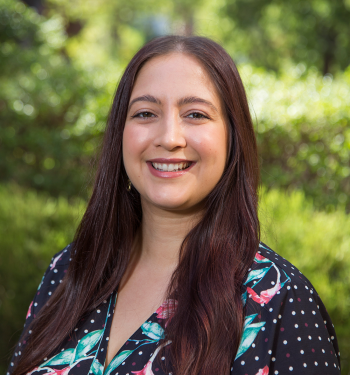
Attendees heard insightful presentations from speakers who have been intimately involved in working with Aboriginal communities to produce impactful Aboriginal-led research. The Sax Institute’s Simone Sherriff, a Wotjobaluk woman, shared her experiences of working with SEARCH, Australia’s largest long-term study of the health and wellbeing of urban Aboriginal children. Simone emphasised the need for researchers to fully engage with the Aboriginal community at all stages and aspects of the research process and to be willing to adjust their project to meet the needs of the community. Being respectful and building trusting relationships are essential to any successful research project, Simone stressed. Researchers had to be ready to value Aboriginal knowledge and wisdom, to listen to Aboriginal views and understand the trauma of the colonial past.
Kim Morey, whose family is from Central Australia and who is Executive Officer and Platform Lead of Health Systems Research at the South Australian Health and Medical Research Institute, spoke about developing and implementing the Accord principles – nine principles by which Aboriginal health research should be conducted. Research should always deliver tangible benefits to Aboriginal communities, she said, and these benefits should be determined by Aboriginal people themselves.
Jamie Newman, a Wiradjuri man and CEO of the Orange Aboriginal Medical Service (AMS), stressed how important research is in his sector.
“We are very open to research and we understand why it is so critical for us,” he said. In order to secure funding, “we need to provide evidence that we have researched what we’re doing and properly evaluated what we’re doing. Evidence-based needs are what governments want to fund.”
He said researchers should go out and meet people in the AMSs and start building partnerships and relationships, not just contacting them when they want a partner for a grant application.
“We are more than happy to talk to universities, individual researchers. We’re open to everyone who can add something to our service, and if you can do that, the door will be open.”
Another speaker, Christine Corby OAM, CEO from Walgett AMS, spoke about the importance of conducting research that is respectful, builds relationships and contributes to local capacity. Any research program must reflect the needs and interests of the community, she said.
Sandra Bailey, Senior Adviser in Aboriginal Health at the Sax Institute, joined the panel discussion after the presentations and provided some background to the partnership work that led to the creation of the Coalition for Research to Improve Aboriginal Health. The talks sparked many questions from the audience and some fascinating conversations about the best approaches to building relationships with Aboriginal communities and how to engage with them and their needs.

